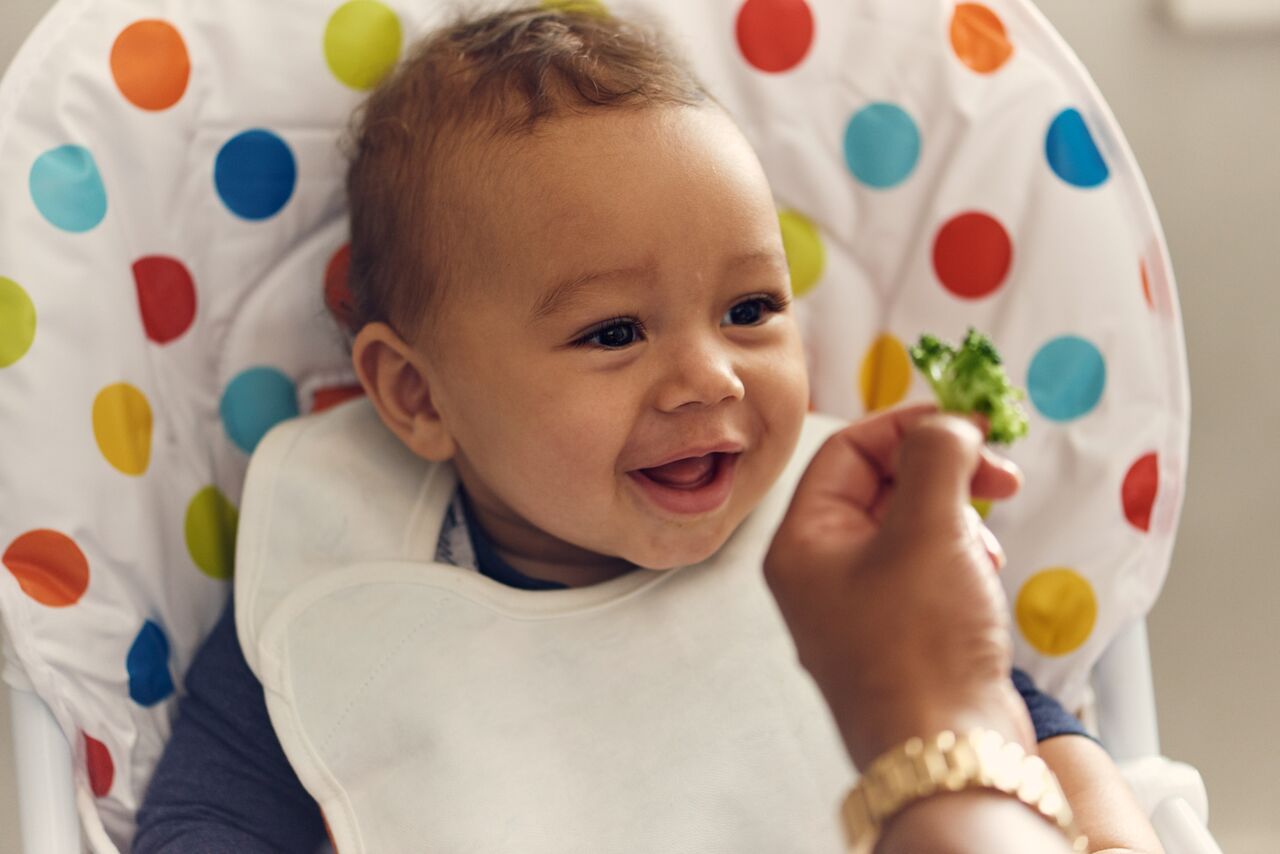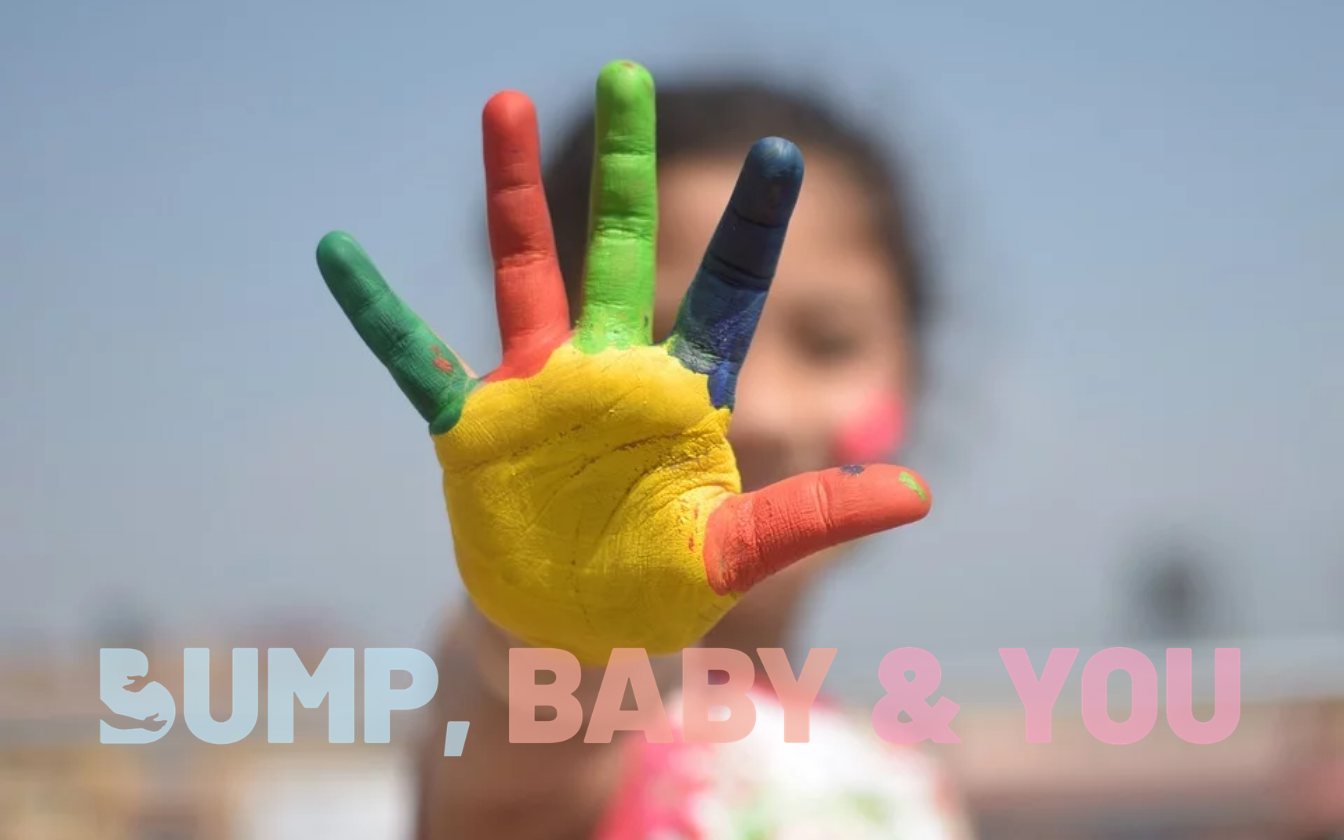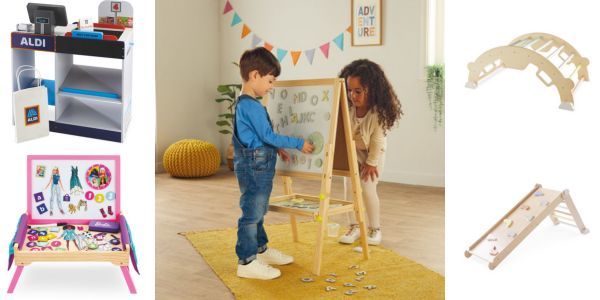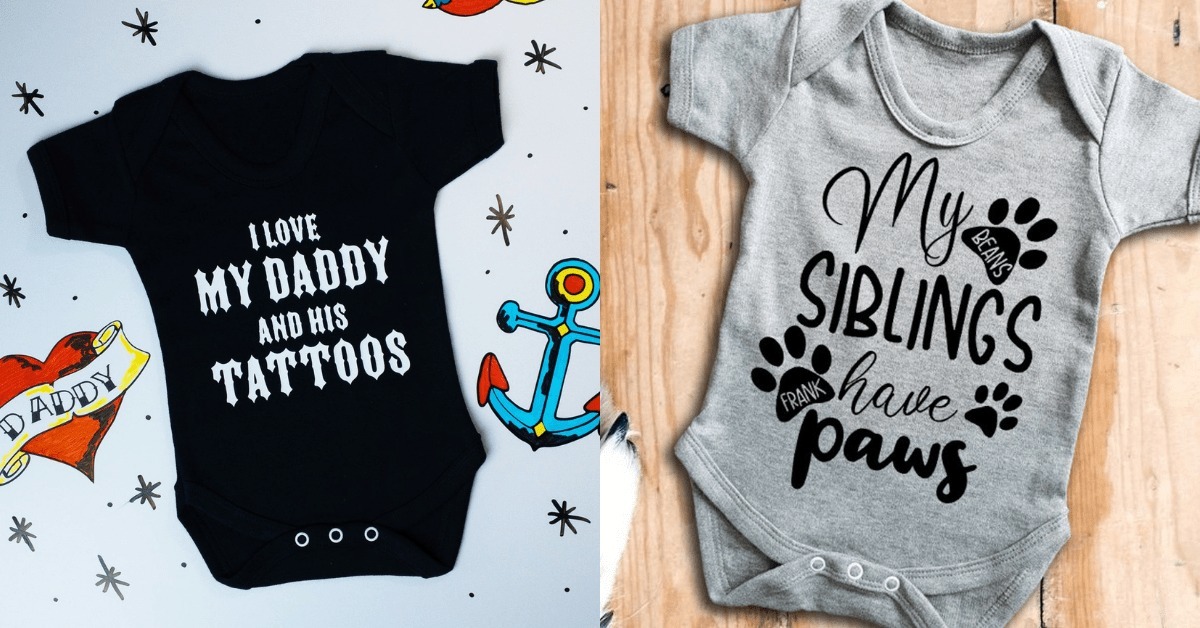

Weaning your little one onto solids can be a bit of a rollercoaster. Will they like food? How many milk feeds should they still be having? How the hell do you get dried Weetabix off your kitchen walls? After months of cuddles and cute milk drunk faces, weaning is a whole new ball game, which can make you nervous. This is why weaning is always one of the hottest topics within the Bump, Baby & You community. Common questions we see are:
- Should I do traditional weaning or baby led weaning?
- When should I start weaning?
- How do I know when my baby is ready to drop a breast or formula feed?
And along with questions, come plenty of myths and pressure. Your well-meaning Aunty Margaret keeps telling you that your baby should be eating porridge because he’s not sleeping for 12 hours at night. Pete and Dawn from next door told you over the fence that little Tommy was eating a roast dinner at 12 weeks and it’s time you blended up a full plate of roast beef and Yorkshire pudding to do that too. And let’s not forget last Sunday when you caught Grandad trying to give your precious womb fruit a digestive biscuit dunked in a cup of tea. Nooo!
Your Weaning Questions Answered and Myths Busted
Things have changed over the years with regards to weaning but the NHS guidelines that are now in place came into force much less recently than you might think. Still, there is a lot of information out there and it’s okay to feel confused about weaning, it’s a learning curve.
There are a number of common myths that persist around weaning that contribute to pressure on parents to wean early or leave mums and dads feeling muddled about what approach they should take. We were therefore really interested to read research from Public Health England’s Start4Life programme about the most common myths. And to get some questions answered, we spoke to Public Health England Nutritionist, Orla Hugueniot, about those weaning myths and misconceptions.
Bump, Baby & You Q&A with a Public Health England Nutritionist
To support the new Start4Life campaign, Public Health England surveyed mums to explore issues around weaning. The results showed that many myths persist, including:
- Almost half of mums (46%) think wanting extra milk feed is a sign that baby is ready for solids
- A third (32%) said they though a baby chewing its fists was a sign that they are ready to start weaning
- Nearly a quarter (24%) of mums think that waking up in the night is a sign of weaning readiness
So why do these myths persist?
“It’s not surprising that many parents mistakenly believe these myths with lots confusing advice out there about introducing solid foods,” Orla told us.
“As a parent myself, I know how challenging introducing solid food can be. However, there are three clear signs, which show that a baby is ready for solids when they appear together from around 6 months.
They will be able to:
- Sit up and hold their head steady
- Coordinate their eyes, hands and mouth so they can look at food, pick it up and put it in their mouths all by themselves
- Swallow food so more goes in their mouth than around their face
Why do some baby foods state suitable from 4 months?
One huge cause of confusion we see is that some baby food jars and pouches say on the packaging that they’re suitable from four months. We asked Orla why packaging states this if the NHS recommendation is that the weaning should start around six months. The labelling is based on outdated research, and delay in changing legislation. Unsurprisingly, this was a hot topic for the nutritionist.
She told us: “This is a question we get asked a lot. The latest UK government and World Health Organisation recommendations are to introduce solid foods to babies at around 6 months. By around 6 months of age, infants are usually developmentally ready for solid foods. Breast milk is the best food a baby can have for around the first 6 months of life and consuming breast milk only protects babies against infections.”
Should you put baby rice in bottles?
Adding rice to bottles is something that seems to still be recommended by well-meaning older relatives, despite it presenting a choking hazard. Orla told us that breast milk or infant formula not only provides all the energy and nutrients a baby needs until 6 months of age. She also confirmed that “introducing solids won’t necessarily help babies to sleep better”.
She said: “Babies don’t need baby rice to help them move to solid foods or to sleep better, and when using a bottle, don’t put anything (such as sugar or cereals) in it other than breast milk or infant formula (and after around 6 months babies can have sips of water with solid foods).”
Adding: “Waiting until around 6 months before introducing solid foods (and baby rice is a solid food), gives a baby time to develop so they can cope fully with solid foods. Introducing solid foods won’t necessarily help babies to sleep better.”
Where can you find fact-based weaning information?
‘Guidelines are always changing’ is something we hear a lot at Bump, Baby & You. Parents hear conflicting information from friends, family and sometimes health visitors. With this in mind, we asked where parents could find up to date fact-based advice to inform their decisions. If you haven’t already checked it out, Orla recommends visiting the Start4Life weaning hub.
“ It’s one-stop shop for NHS approved advice, practical tips for each stage, simple recipes and videos showing the signs that indicate babies are ready to start solid food, how much food to give and tips from other parents.”
You can visit find Start4Life Weaning hub online here.Thank you to Public Health England Nutritionist, Orla Hugueniot, for all of her help with this feature.
If weaning is approaching for you and your baby, you’ll find more information in Baby led Vs Traditional Weaning and you can read about the weaning journey of blogger Chloe in Noah’s Amazing baby let weaning journey.


.png)







